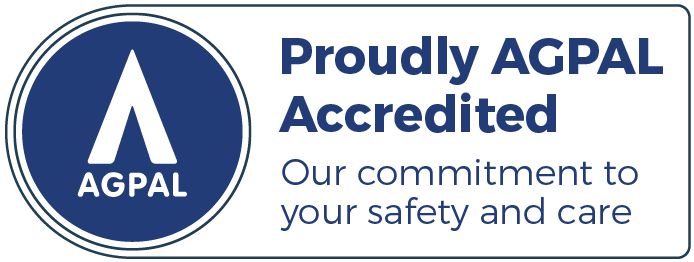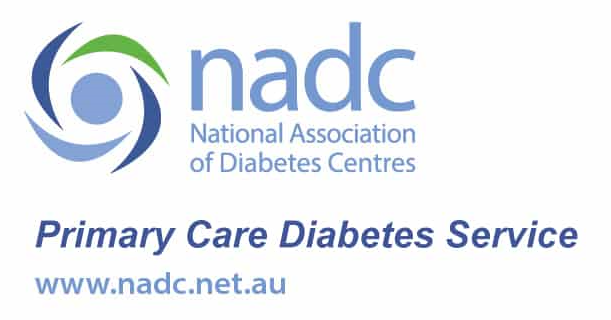
Comprehensive integrated primary care for ACT residents with complex and chronic needs
Comprehensive integrated primary care for ACT residents with complex and chronic needs, who are currently not receiving that care by virtue of being housebound.
Why is this project important?
Care for people with complex and chronic needs is increasingly taking place in their own homes. This will only grow in the future as we all get older as a society. Increasingly people are being supported to be cared for in their own homes with support from the NDIS or through home care packages. The packages fund care needs, allied health and nursing but not medical care. Comprehensive primary care is essential for the health and well-being of this group of people and is provided by general practitioners. Many such people are unable to leave their homes to attend medical appointments without a significant burden. More importantly, given the complex nature of their care needs it is important that their care is joined up with good regular communication between their entire care team – that is they receive integrated care.
Australia, amongst all the OECD countries, ranks low when surveyed about communication between these different care providers. Access to comprehensive medical care is increasingly proving to be a challenge. The number of home visits conducted by general practitioners has been declining over time for a variety of reasons, and the rate in the ACT is less than the other jurisdictions in Australia.
The ACT Government earlier this year invited expressions of interest from organisations to improve access to primary care for vulnerable Canberrans with complex and chronic health conditions.
Recognising the challenges above, the doctors at Next Practice Deakin with the purpose of making a positive difference in the lives of their patients and their communities successfully submitted a proposal to overcome those challenges. All healthcare professionals here will build on its strengths of providing care to people with complex and chronic needs, using contemporary care models and harnessing innovation. Next Practice Deakin has begun the implementation of a program of work to provide comprehensive integrated primary care for ACT residents with complex and chronic needs, who are currently not receiving that care by virtue of being housebound. The ACT grant will fund up to 250 residents who meet the criteria of the program.
The program of work will blend a focused but holistic framework of care founded on work from the United States on Aged Friendly Healthcare Systems; together with workforce innovation incorporating elements of the link worker role for ‘social prescribing’ from the UK; and by building on pilot work already undertaken by Next Practice Deakin in blending virtual care with face-to-face care to make it business as usual.
This is the first of a series of blogs in relation to this project. In our next blog, we will describe why we have chosen the three components to build our model of care.



